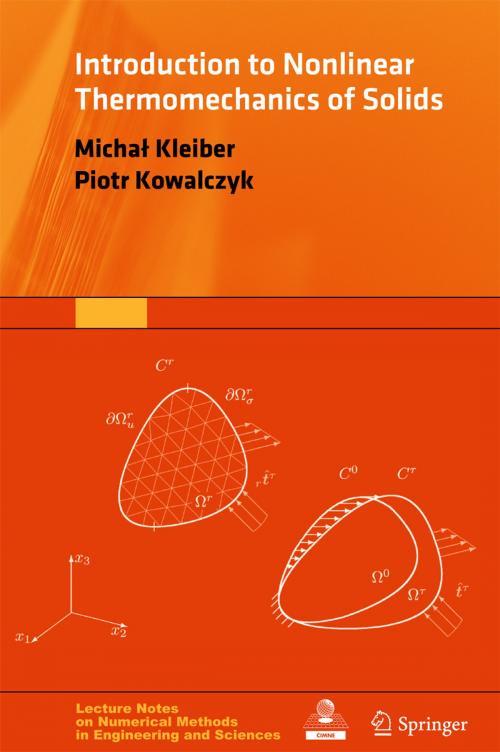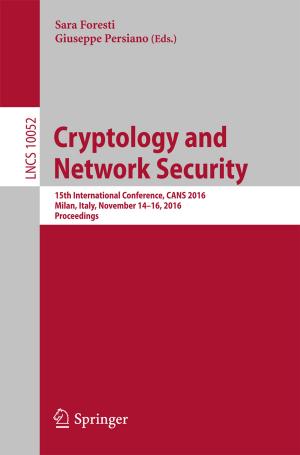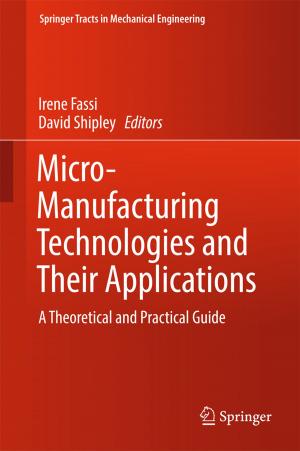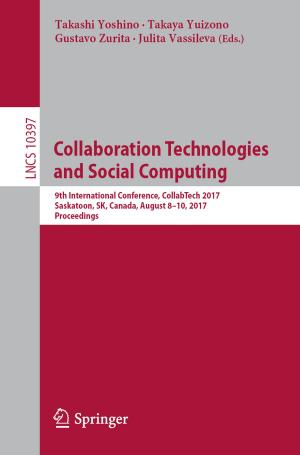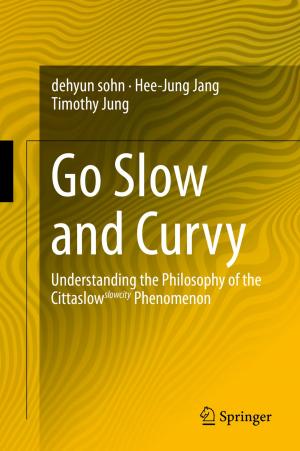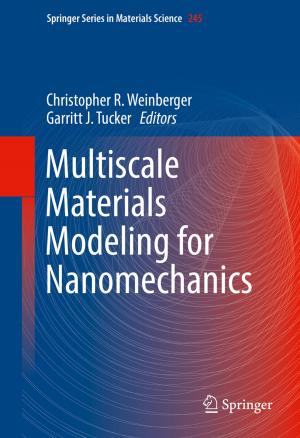Introduction to Nonlinear Thermomechanics of Solids
Nonfiction, Science & Nature, Science, Physics, Mechanics, Mathematical Physics, Technology| Author: | Michał Kleiber, Piotr Kowalczyk | ISBN: | 9783319334554 |
| Publisher: | Springer International Publishing | Publication: | June 24, 2016 |
| Imprint: | Springer | Language: | English |
| Author: | Michał Kleiber, Piotr Kowalczyk |
| ISBN: | 9783319334554 |
| Publisher: | Springer International Publishing |
| Publication: | June 24, 2016 |
| Imprint: | Springer |
| Language: | English |
The first part of this textbook presents the mathematical background needed to precisely describe the basic problem of continuum thermomechanics. The book then concentrates on developing governing equations for the problem dealing in turn with the kinematics of material continuum, description of the state of stress, discussion of the fundamental conservation laws of underlying physics, formulation of initial-boundary value problems and presenting weak (variational) formulations. In the final part the crucial issue of developing techniques for solving specific problems of thermomechanics is addressed. To this aim the authors present a discretized formulation of the governing equations, discuss the fundamentals of the finite element method and develop some basic algorithms for solving algebraic and ordinary differential equations typical of problems on hand. Theoretical derivations are followed by carefully prepared computational exercises and solutions.
The first part of this textbook presents the mathematical background needed to precisely describe the basic problem of continuum thermomechanics. The book then concentrates on developing governing equations for the problem dealing in turn with the kinematics of material continuum, description of the state of stress, discussion of the fundamental conservation laws of underlying physics, formulation of initial-boundary value problems and presenting weak (variational) formulations. In the final part the crucial issue of developing techniques for solving specific problems of thermomechanics is addressed. To this aim the authors present a discretized formulation of the governing equations, discuss the fundamentals of the finite element method and develop some basic algorithms for solving algebraic and ordinary differential equations typical of problems on hand. Theoretical derivations are followed by carefully prepared computational exercises and solutions.
